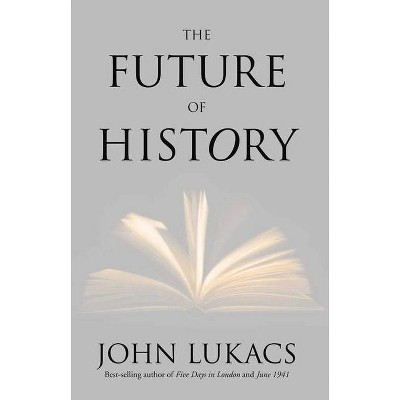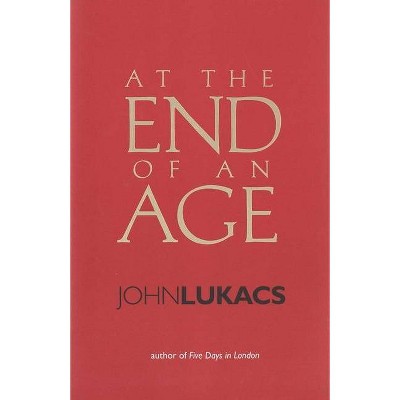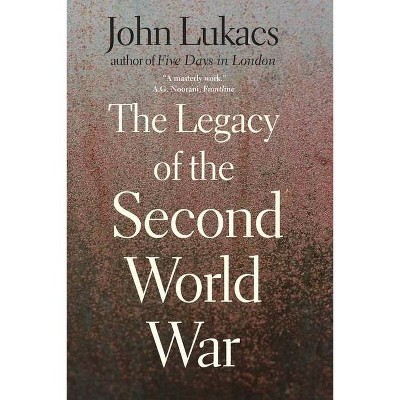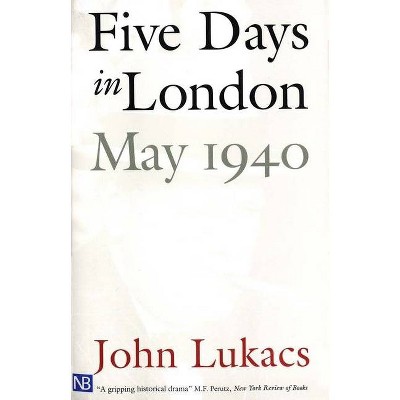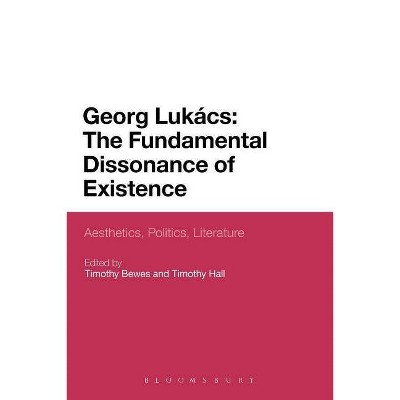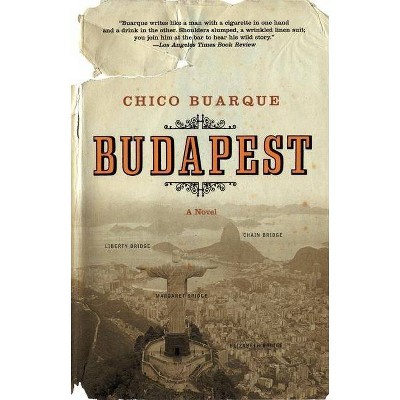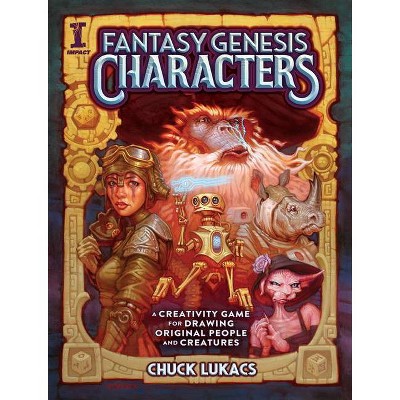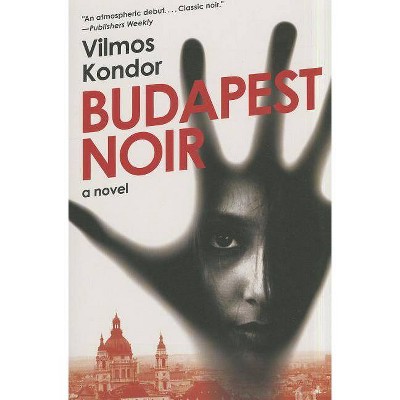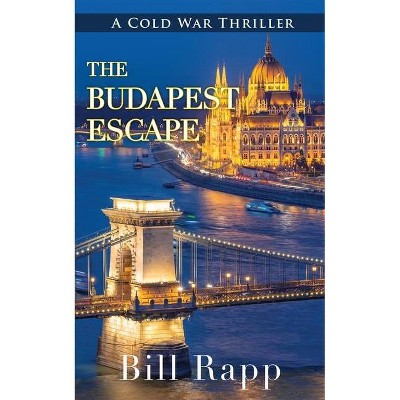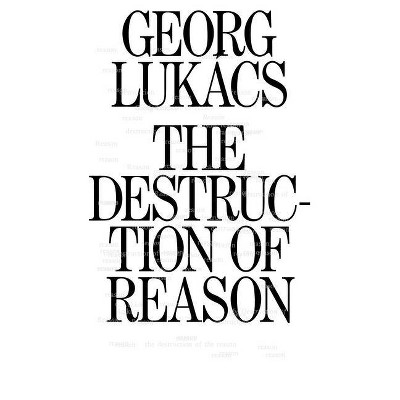Budapest 1900 - by John Lukacs (Paperback)
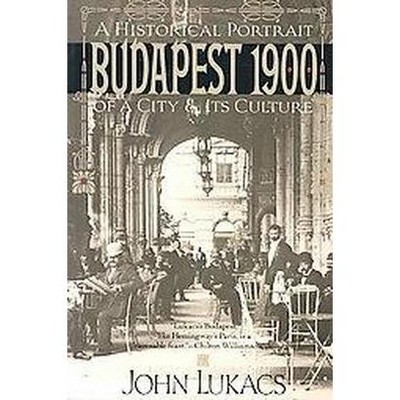
Similar Products
Products of same category from the store
AllProduct info
<p/><br></br><p><b> About the Book </b></p></br></br>"Lukacs's book is a lyrical, sometimes dazzling, never merely nostalgic evocation of a glorious period in the city's history. . . . {His} true sympathy lies . . . not with the famous expatriates, but with the writers and intellectuals who lived and died at home: the poets Endre Ady and Mihaly Babits; the novelists Ferenc Herczeg, Sandor Hunyady, Frigyes Karinthy, Dezso Kosztolanyi, Gyula Krudy, Kalman Mikszath, and Zsigmond Moricz; the political essayist DezsoSzabo; the playwright Erno Szep; the literary historian Antal Szerb; and others. . . . {John Lukacs} sets out to explain Hungarian literature to English-speaking readers. Though I have no idea whether or not he will succeed, few interpreters of Hungarian literature have made a more touching and eloquent attempt." -- The New York Review of Books<p/><br></br><p><b> Book Synopsis </b></p></br></br>Lukacs's book is a lyrical, sometimes dazzling, never merely nostalgic evocation of a glorious period in the city's history. . . . {His} true sympathy lies . . . not with the famous expatriates, but with the writers and intellectuals who lived and died at home: the poets Endre Ady and Mihaly Babits; the novelists Ferenc Herczeg, Sandor Hunyady, Frigyes Karinthy, Dezso Kosztolanyi, Gyula Krudy, Kalman Mikszath, and Zsigmond Moricz; the political essayist DezsoSzabo; the playwright Erno Szep; the literary historian Antal Szerb; and others. . . . {John Lukacs} sets out to explain Hungarian literature to English-speaking readers. Though I have no idea whether or not he will succeed, few interpreters of Hungarian literature have made a more touching and eloquent attempt. -- The New York Review of Books
Price History
Price Archive shows prices from various stores, lets you see history and find the cheapest. There is no actual sale on the website. For all support, inquiry and suggestion messagescommunication@pricearchive.us
